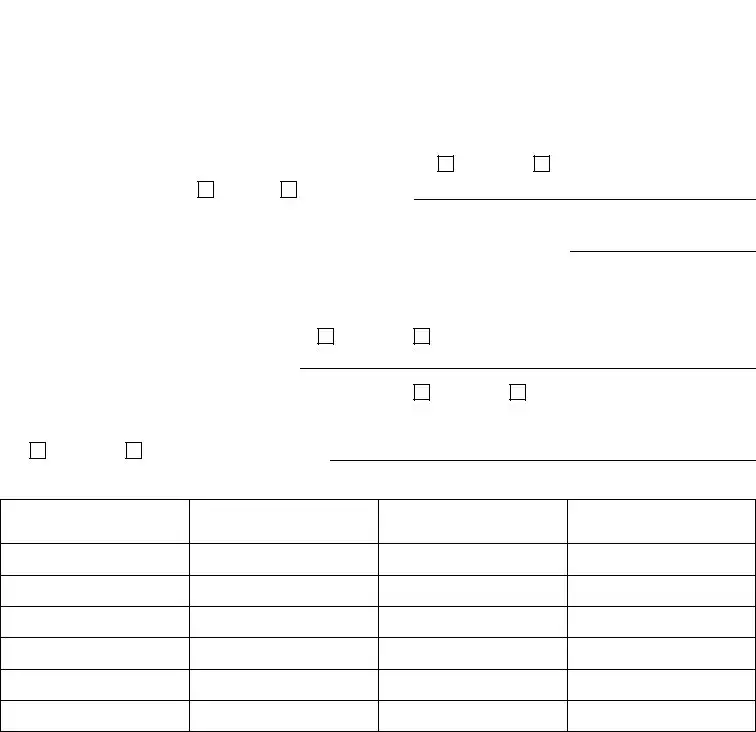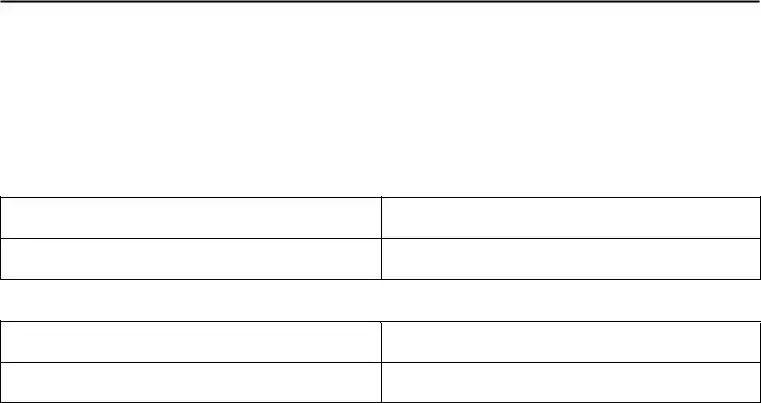The Minnesota R 20 form, essential for aspiring Qualified Rehabilitation Consultant Interns, mirrors the Professional Engineer (PE) licensure application in several ways. Both forms necessitate personal data, professional licensure, and detailed education and employment history. Applicants for either designation are required to disclose any past applications within their respective fields. These documents ensure that candidates possess the necessary credentials and experience to maintain high standards within their professions.
Similar to the Minnesota R 20 form, the Certified Public Accountant (CPA) license application also demands comprehensive information from applicants. This includes personal data, proof of education, detailed employment history, and any prior certification attempts. Both forms serve to verify the applicant’s qualifications and adherence to the professional standards and regulatory requirements of their respective fields, emphasizing the integrity of these professions.
The National Council Licensure Examination for Registered Nurses (NCLEX-RN) application shares similarities with the R 20 form in requiring detailed personal information, educational background, and licensure details. Both forms scrutinize the applicant’s readiness and eligibility to ensure that only qualified individuals are allowed to enter these vital health and rehabilitation professions, safeguarding public welfare.
The application for becoming a Licensed Clinical Social Worker (LCSW) parallels the structure of the Minnesota R 20 form by collecting extensive personal, educational, and professional information. Each application demands evidence of supervision and adherence to regulatory requirements, ensuring candidates are well-prepared and ethical in their practice, mirroring the overall objective of fostering competent professionals across fields.
The Bar Examination application for lawyers, much like the R 20, asks for detailed personal, educational, and professional history, including any past examinations and licensures. Both applications undertake a meticulous review process, highlighting the importance of integrity, competence, and accountability in professions with significant societal impact.
The application for a real estate license is akin to the R 20 form in several aspects. It compiles comprehensive personal information, work history, and educational background. Real estate candidates, similar to rehabilitation consultant interns, must meet specific educational prerequisites and demonstrate their readiness for professional responsibilities, underscoring the commitment to industry standards and consumer protection.
Finally, the Certified Health Education Specialist (CHES) certification process echoes the demands of the Minnesota R 20 form by requiring detailed personal information, academic transcripts, and proof of professional competencies. Both the CHES certification and the R 20 form aim to ascertain the applicant's dedication to their professional development and their competence to serve the public effectively.

